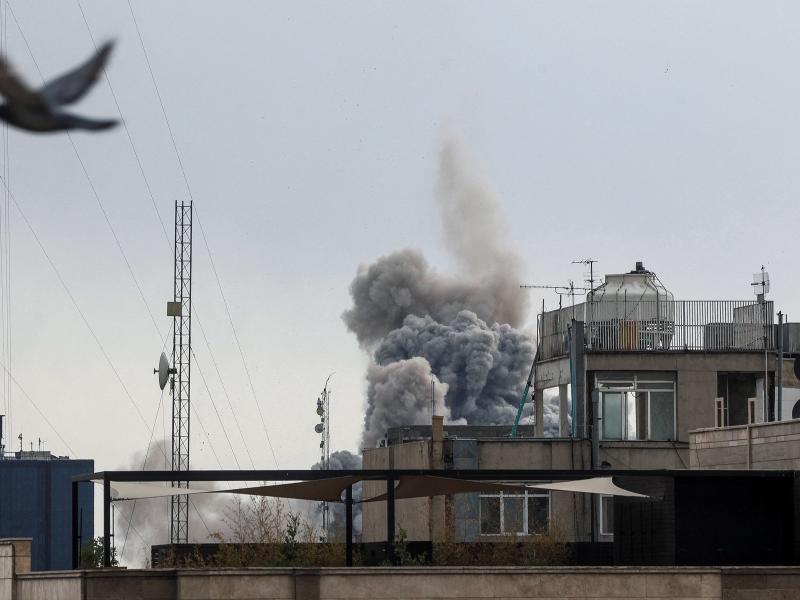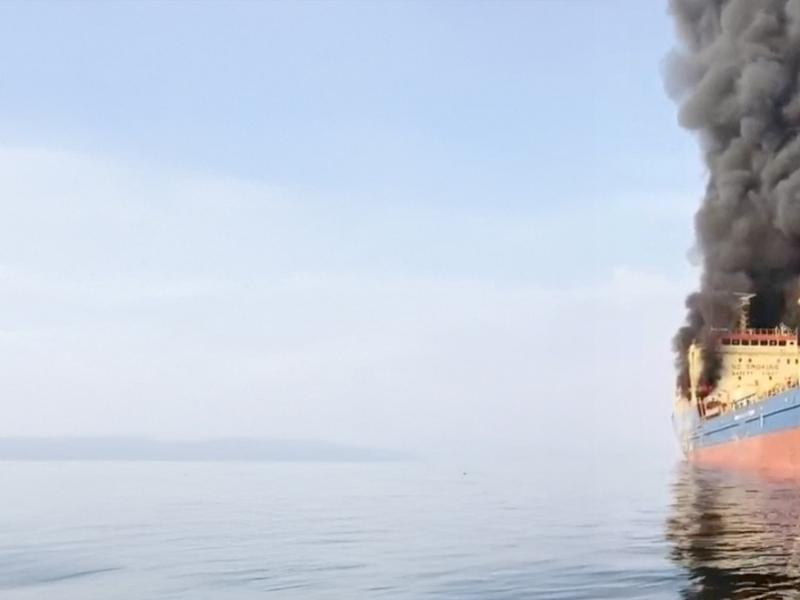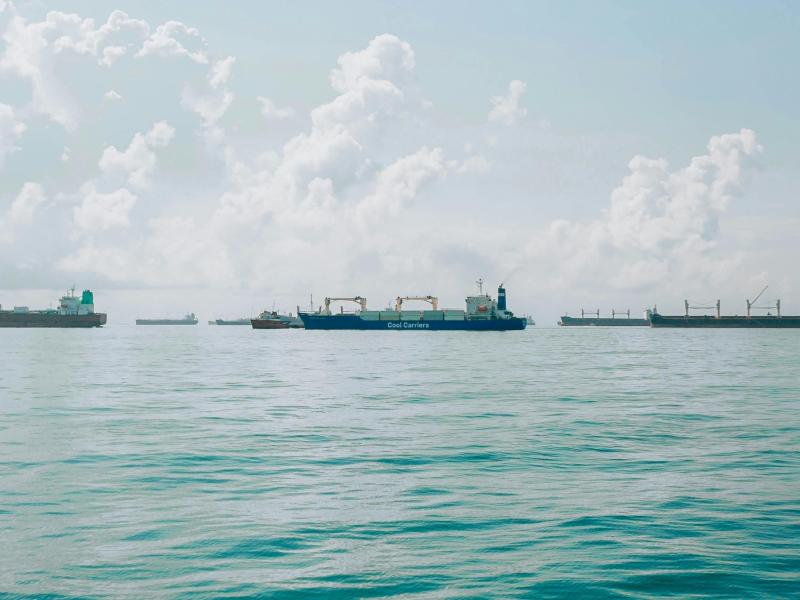Evidence of striking truck drivers being unreasonably treated as criminals and trumped-up investigations being used against bona fide unions in a recent dispute in South Korean will be added to a legal challenge being brought against the country’s government by the International Transport Worker’s Federation (ITF) and affiliate unions at the International Labour Organization (ILO).
South Korean unions have alleged that the government breached its obligations under ILO conventions (and the country’s own constitution) when it introduced ‘emergency powers’ to force striking drivers back to work in December last year.
It has emerged that some of those drivers refused to comply with return-to-work orders and are being prosecuted as criminals. They face large fines, prison time and the cancellation of their freight transport licenses. Details of the prosecutions form part of the new evidence being presented to the ILO.
These moves come amidst an overall government attack on trade unions in South Korea. Last month, the National Intelligence Service and Prosecutors Office carried out raids on the offices of the Korean Confederation of Trade Unions (KCTU) and several other trade unions. Korean trade unions have blasted these raids, which involved the mobilisation of hundreds of police officers and received widespread media attention, as part of the Yoon Government’s attempts to scapegoat trade unions to bolster its faltering approval ratings and pave the way for the weakening of labour protections.
“South Korea is on a very slippery slope,” said Stephen Cotton, General Secretary of the ITF. “It is simply not acceptable in a modern democracy for a government to respond to legitimate strike action by forcing people to work and prosecuting them if they refuse. We understand these moves as part of a very concerning deterioration of labour and civil rights in South Korea.”
He noted that the UK Government had also recently responded to protesting workers by trying to force through new laws that effectively remove basic human rights. He said unions would continue to mount legal challenges wherever they saw the right to strike being eroded.
Safety is at the heart of dispute
The South Korean dispute was over a government U-turn on retaining a safety law for trucking. The government has since announced plans to gut the Safe Rates law which links road safety with drivers’ rate of pay. By removing penalties for violations of law, they will make it unenforceable, unions say.
“I am disturbed that the government is undermining the Safe Rates system in Korea,” said Flemming Overgaard, ITF Road Transport Section Chair. “This has provided fair and safe pay and conditions for truck drivers over the last three years. But government proposals will let the big companies which contract for transport services, and transport companies themselves, off the hook in terms of compliance. They will force drivers into a downward spiral of deadly competition. Workers and their families will end up in poverty, while the roads will become more dangerous for everyone.
“We will be mounting a new campaign to support our affiliate KPTU-TruckSol and defend Safe Rates systems globally at the ITF Road Transport Conference to be held in Johannesburg next month,” he went on.
The additional evidence being submitted by the unions also documents criminal charges sought by the government’s Federal Trade Commission (FTC) against KPTU-TruckSol over its resistance to investigators bursting into union offices in the middle of the strike. The union will show at the ILO that the FTC’s rationale for its investigation was bogus because it treated KPTU-TruckSol as a business association rather than a trade union.
“Let’s be clear about what is going on here,” said Cotton. “The South Korean government is breaking the rules and twisting the facts, and in the process making out that honest workers and their union are criminals.”
ILO core conventions, which South Korea has ratified, are crystal clear about the rights of all workers. They have the rights to form and be members of unions, to collectively bargain and to strike.
“We stand with KPTU-TruckSol,” Cotton went on, “and are ready to provide further legal assistance as it continues to challenge these outrageous government actions.”
The ILO complaint has been raised by the ITF with its affiliate the Korean Public Service and Transport Workers’ Union (KPTU), the Korean Confederation of Trade Unions (KCTU), the International Trade Union Confederation (ITUC) and Public Services International (PSI). Unions around the world have expressed solidarity with their South Korean sisters and brothers.



